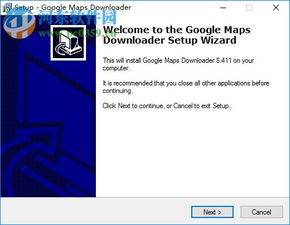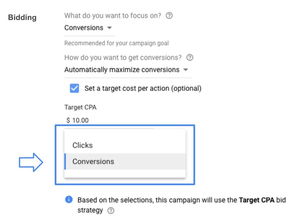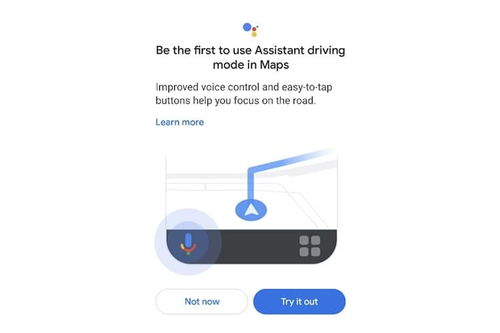Understanding Google Ads: A Comprehensive Guide

Google Ads, previously known as Google AdWords, is a powerful online advertising platform that allows businesses to promote their products and services across Google’s vast network. Whether you’re a small startup or a large enterprise, Google Ads can help you reach your target audience and achieve your marketing goals. In this detailed guide, we’ll explore the ins and outs of Google Ads, covering everything from account setup to campaign management.
Creating Your Google Ads Account

To get started with Google Ads, you’ll need to create an account. Here’s a step-by-step guide to help you through the process:
- Go to the Google Ads website and click on “Start now.”
- Enter your business information, including your business name, address, and contact details.
- Select your business type and industry from the dropdown menus.
- Choose your currency and time zone.
- Agree to the terms and conditions and click “Continue.”
Setting Up Your Campaign

Once you’ve created your account, it’s time to set up your first campaign. Here’s what you need to do:
- Choose a campaign type. Google Ads offers several options, including Search, Display, Shopping, Video, and App campaigns.
- Select your geographic targets. You can target specific countries, regions, cities, or even a radius around a location.
- Set your budget. You can choose to set a daily budget or a total budget for the campaign.
- Choose your bidding strategy. Google Ads offers several bidding strategies, such as manual CPC (cost-per-click), automated CPC, and target CPA (cost-per-acquisition).
Creating Your Ads
Now it’s time to create your ads. Here’s what you need to know:
- Choose your ad format. Google Ads offers several ad formats, including text ads, image ads, video ads, and more.
- Write your ad copy. Your ad copy should be clear, concise, and compelling. Include a strong call-to-action (CTA) to encourage users to take action.
- Set your ad extensions. Ad extensions can help you provide additional information about your business, such as your phone number, location, and more.
Choosing Your Keywords
Keywords are the foundation of your Google Ads campaign. Here’s how to choose the right keywords:
- Use the Google Keyword Planner to find relevant keywords for your campaign.
- Consider the search intent behind each keyword. Are users looking to learn more about your product, or are they ready to make a purchase?
- Use long-tail keywords to target more specific audiences.
Monitoring and Optimizing Your Campaign
Once your campaign is live, it’s important to monitor its performance and make adjustments as needed. Here’s how to do it:
- Use the Google Ads dashboard to track your campaign’s performance, including clicks, impressions, and conversions.
- Review your keywords and ad copy regularly to ensure they’re performing well.
- Adjust your bidding strategy based on your campaign’s performance.
Table: Google Ads Campaign Metrics
| Metrics | Description |
|---|---|
| Clicks | The number of times your ad has been clicked. |
| Impressions | The number of times your ad has been shown. |
| Click-Through Rate (CTR) | The percentage of people who clicked on your ad after seeing it. |
| Cost Per Click (CPC) | The average amount you pay each time someone clicks on your ad. |
| Conversions | The number of times a user has completed a desired action, such as making a purchase or filling out a form. |



